6 things to know about The Hague, dubbed the International City of Peace and Justice
Sign up now: Get ST's newsletters delivered to your inbox
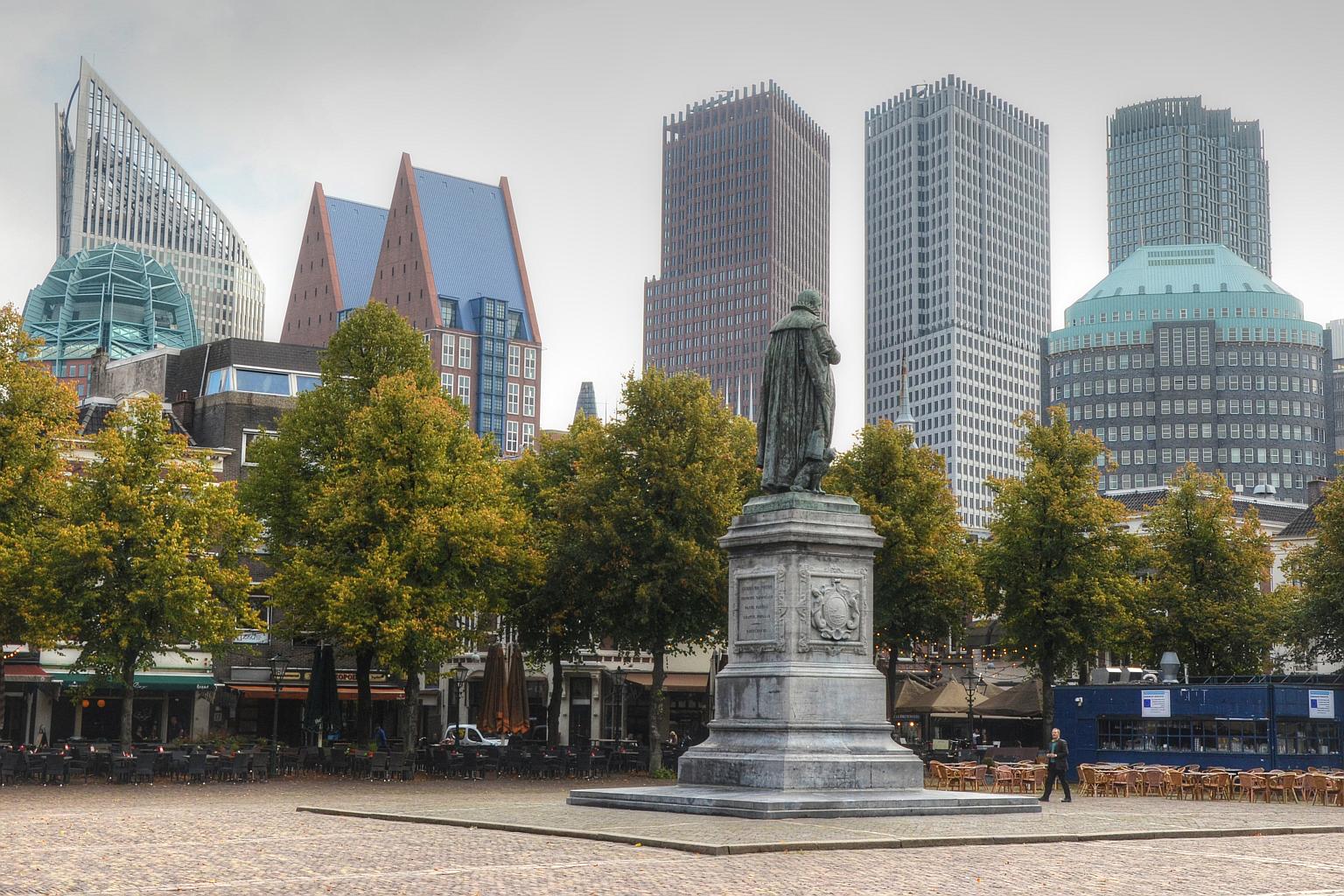
Het Plein, a famous town square in the The Hague, is photographed with the city's skyline in the background.
PHOTO: RENE MENSEN/FLICKR
A judgment on a case lodged by the Philippines challenging China's claims in the South China Sea will be handed down by the Permanent Court of Arbitration (PCA) on July 12.
The PCA, an intergovernmental organisation that organises arbitral tribunals to resolve disputes among its 121 member states, is based in The Hague, and the upcoming ruling is often referred to as The Hague ruling.
What and where exactly is The Hague? And why is it synonymous with international law, peace and justice? Here are some things to know about the city.
1. The Hague is a coastal city in west Netherlands
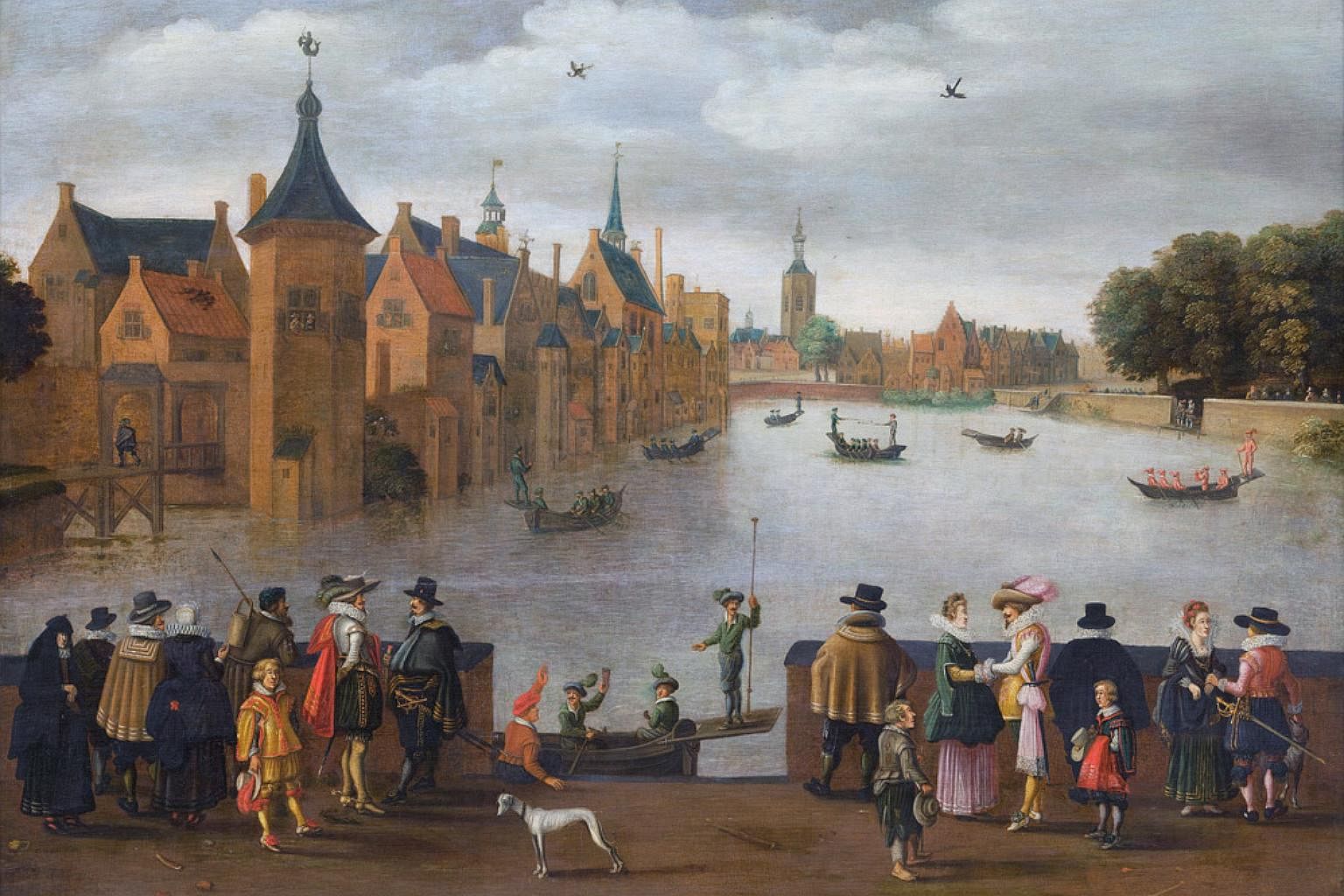
The Hague, or Den Haag in Dutch, is the seat of the government of the Netherlands, home to the Dutch royal family and functions as the capital city for the mid-western province of South Holland.
It has a "the" before its name as this originates from the Dutch appellation (title) 's-Gravenhage, which translates to "The Count's Hedge".
During the Middle Ages, the city was known for its vast expanse of forests where the counts of Holland would regularly indulge in a spot of hunting.
2. Dubbed the 'International City of Peace and Justice'
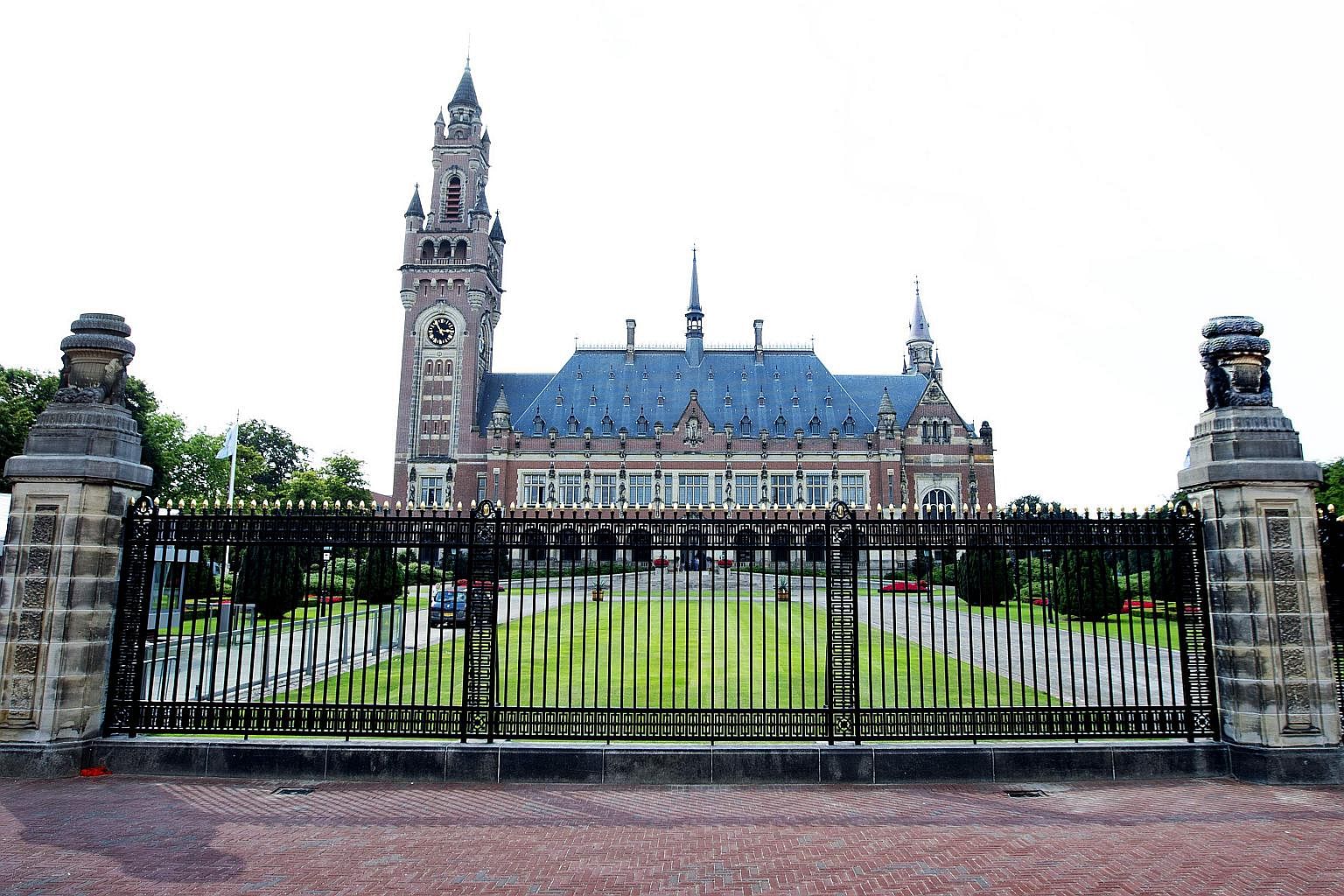
Ever since The Hague hosted two international peace conferences in 1899 and 1907 - known as the Hague Conventions - it has played host to a slew of international courts.
Its burgeoning reputation for diplomacy and law was cemented with the opening of the Peace Palace in 1913, which currently houses the PCA, as well as the International Court of Justice (ICJ). Also known as the World Court, the ICJ is the primary judicial arm of the United Nations.
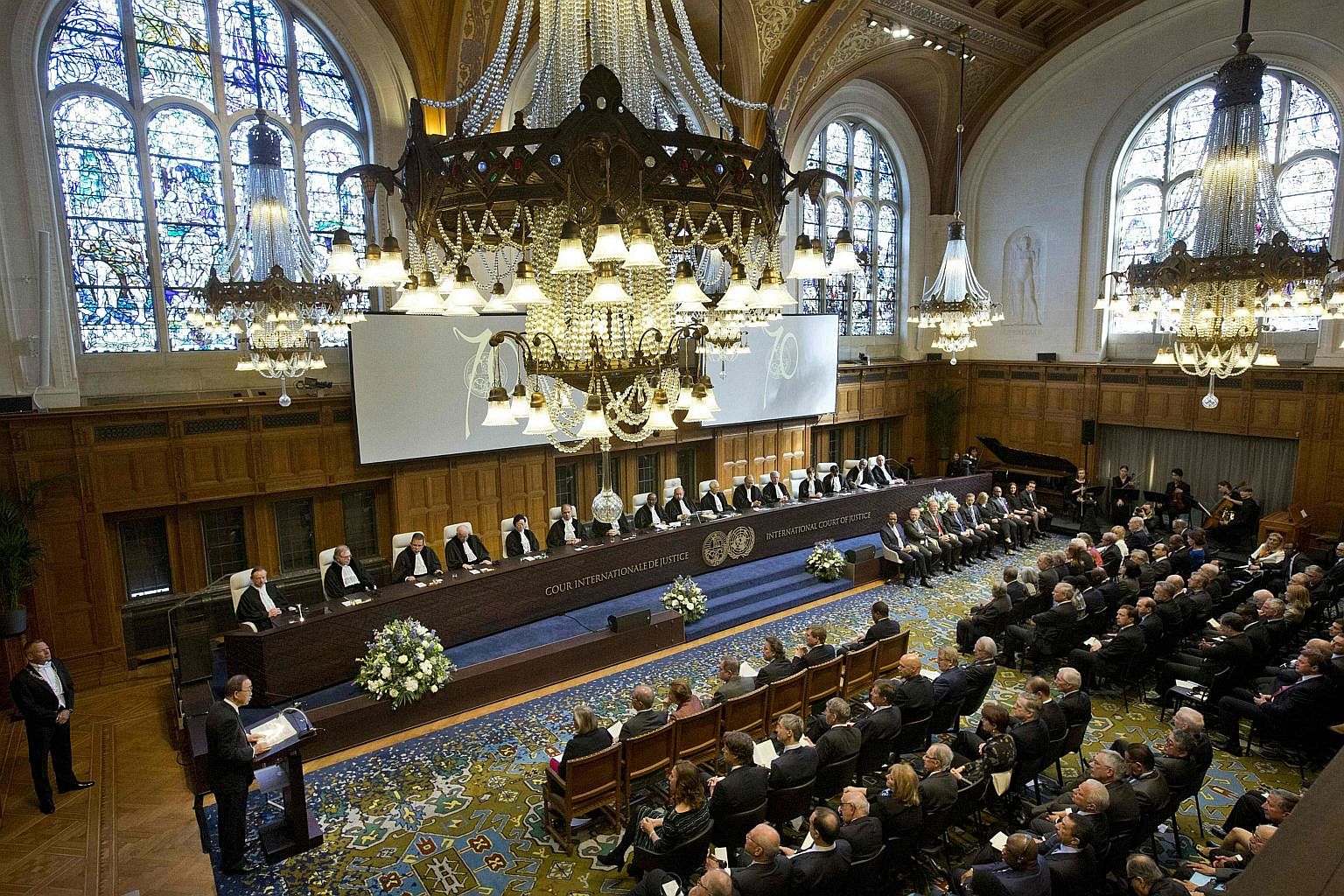
Another bastion of justice in The Hague is the International Criminal Court (ICC), which has the jurisdiction to prosecute individuals for war crimes and crimes against humanity.
3. It also hosts over 160 international organisations
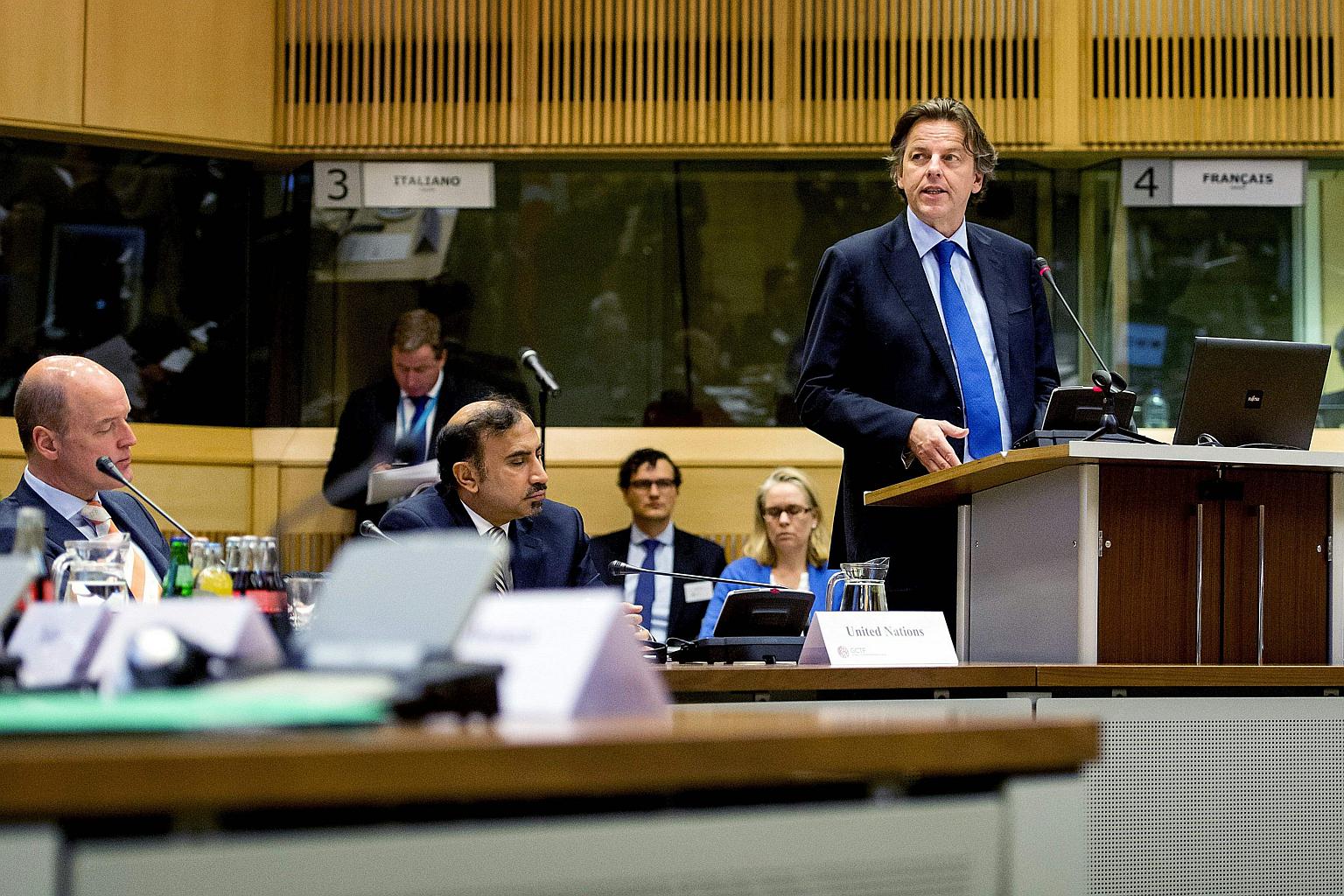
High-profile organisations such as Europol (the European Union law enforcement organisation that handles criminal intelligence), the Organisation for the Prohibition of Chemical Weapons and the International Centre for Counter-Terrorism are all based in The Hague.
The number of non-governmental organisations that set up shop there grow with each passing year. Notable ones include Save the Children - which provides aid for children in less developed countries - and Oxfam Navib, an affiliate of the international Oxfam organisation dedicated to eradicating poverty.
4. Is home to over 100 ethnic groups
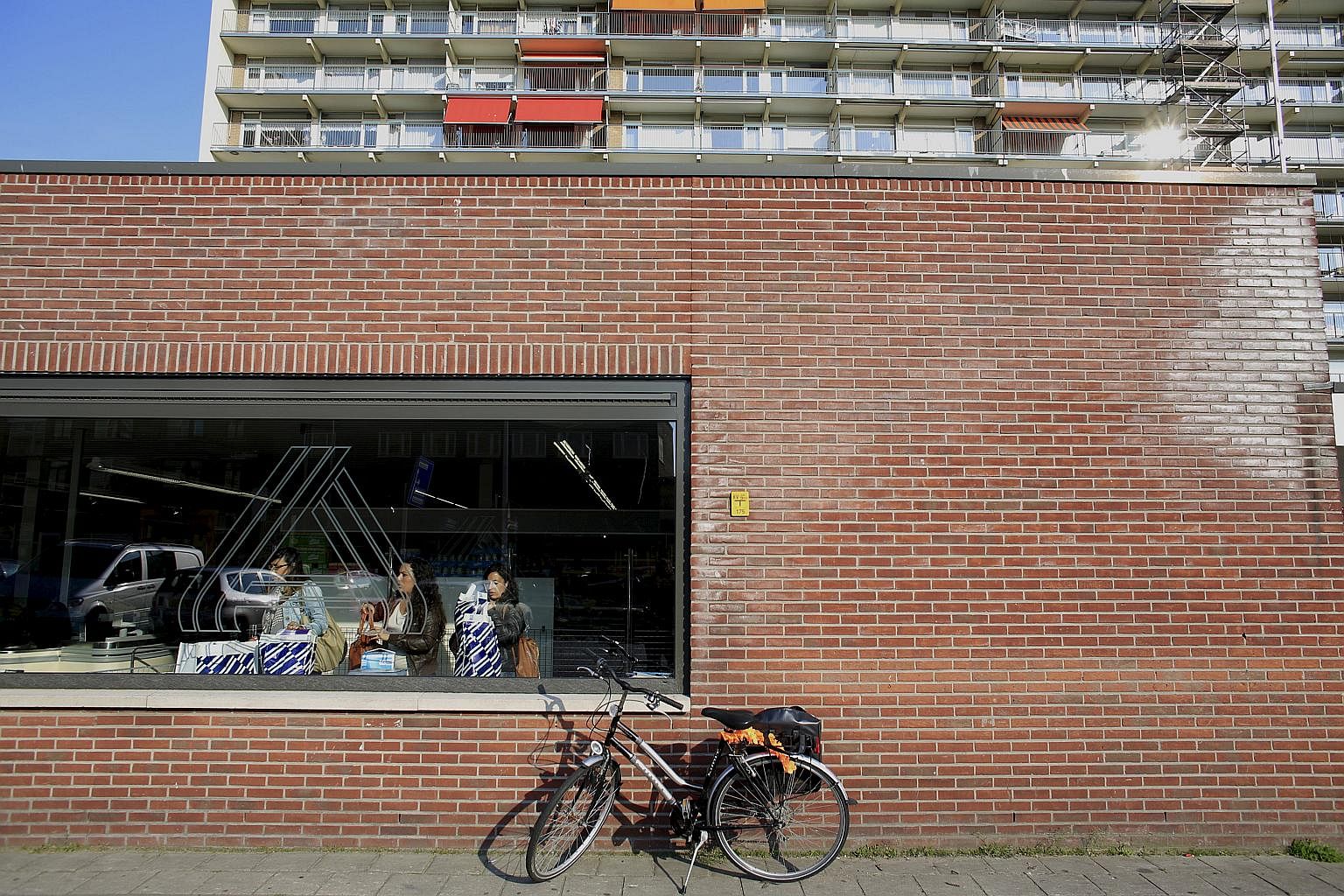
Nearly half of The Hague's population of just over half a million are of foreign background. There are thriving Chinese, Indonesian and Jewish communities within the city, while refugees and migrant workers - mostly Turkish and Moroccan nationals - contribute to a substantial Muslim population.
A sizeable chunk of the population consists of Surinamese people, who are considered one of the most ethnically diverse in the world.
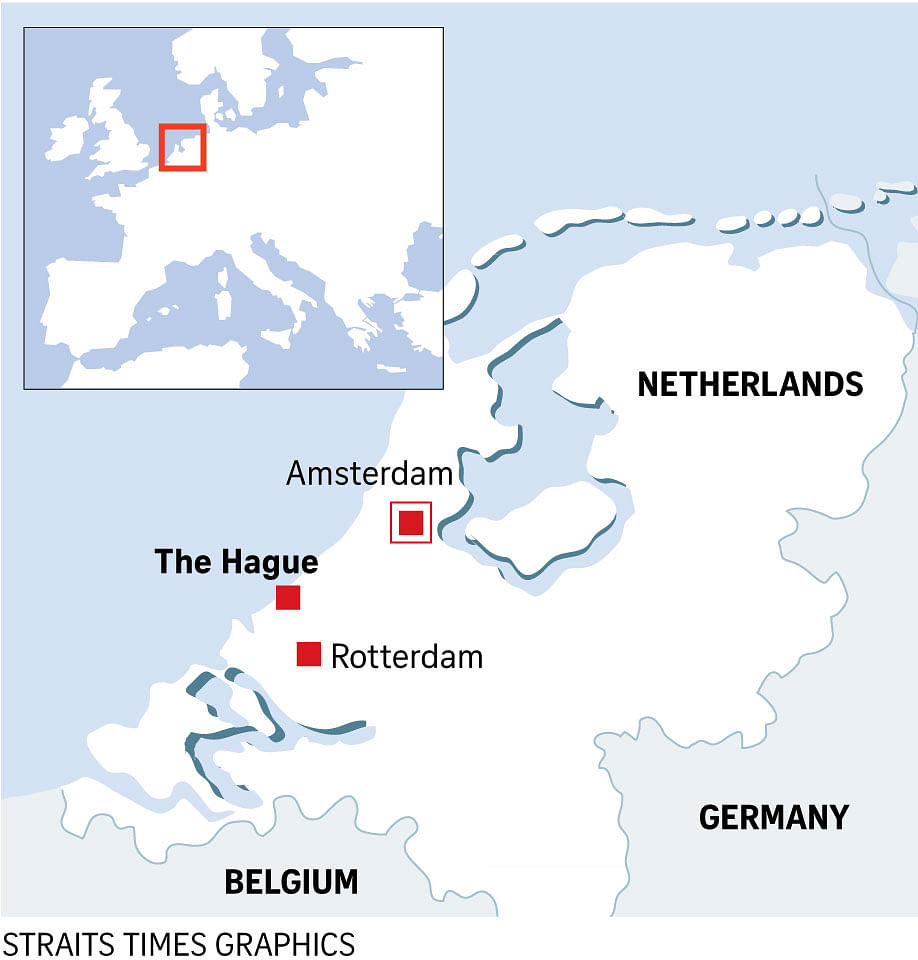
Suriname, situated on the north-eastern coast of South America, was a former Dutch colony. When Suriname achieved its independence in 1975, one-third of the country's population migrated to the Netherlands, with many settling in The Hague due to its location on the coast.
5. People love studying in The Hague
Some 30,000 students live and work in the city, and around 5,000 international students enrol in its education institutes every year.
Part of the draw stems from its international standing, with prominent scientists, politicians and researchers all descending on The Hague throughout the year.
It also helps that the majority of courses and programmes are conducted in English, and there is a diverse mix of colleges and universities to choose from - from the Royal Academy of Art and Royal Conservatory of The Hague (which specialises in music and dance) to the Leiden University College.
6. There's lots to see and do
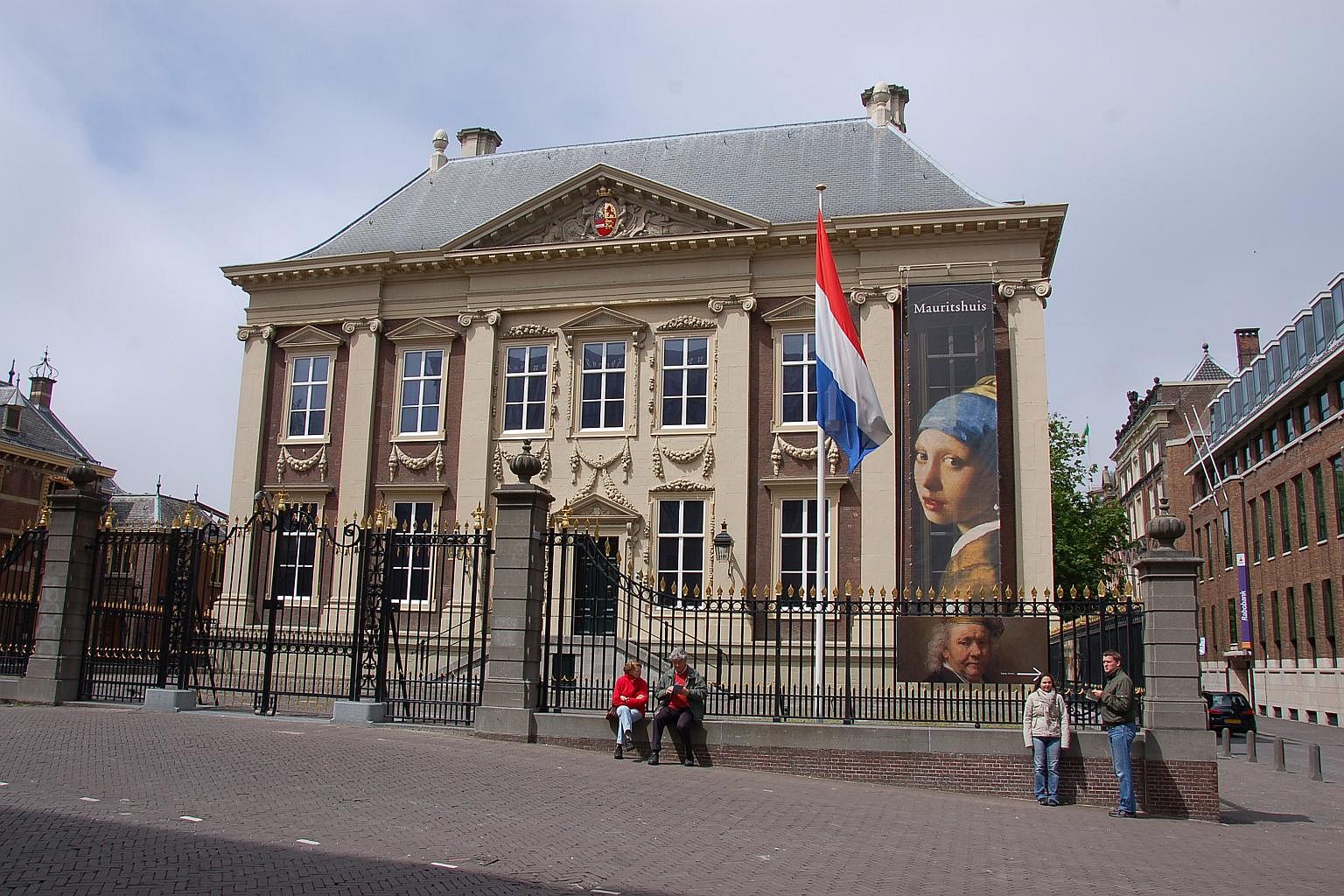
With 30 theatres and more than 40 museums to visit, The Hague is regarded as one of the most culturally vibrant cities in the Netherlands.
The Mauritshuis, an art museum which houses the Royal Cabinet of Paintings, houses the works of renowned artists such as Johannes Vermeer and Rembrandt, while the Louwman Museum features the world's largest collection of historic cars.
The modern seaside resort of Scheveningen is also a favourite holiday spot for locals and tourists, who flock there for water sports and art destinations like the Madurodam, a theme park filled with miniature replicas of famous Dutch landmarks.
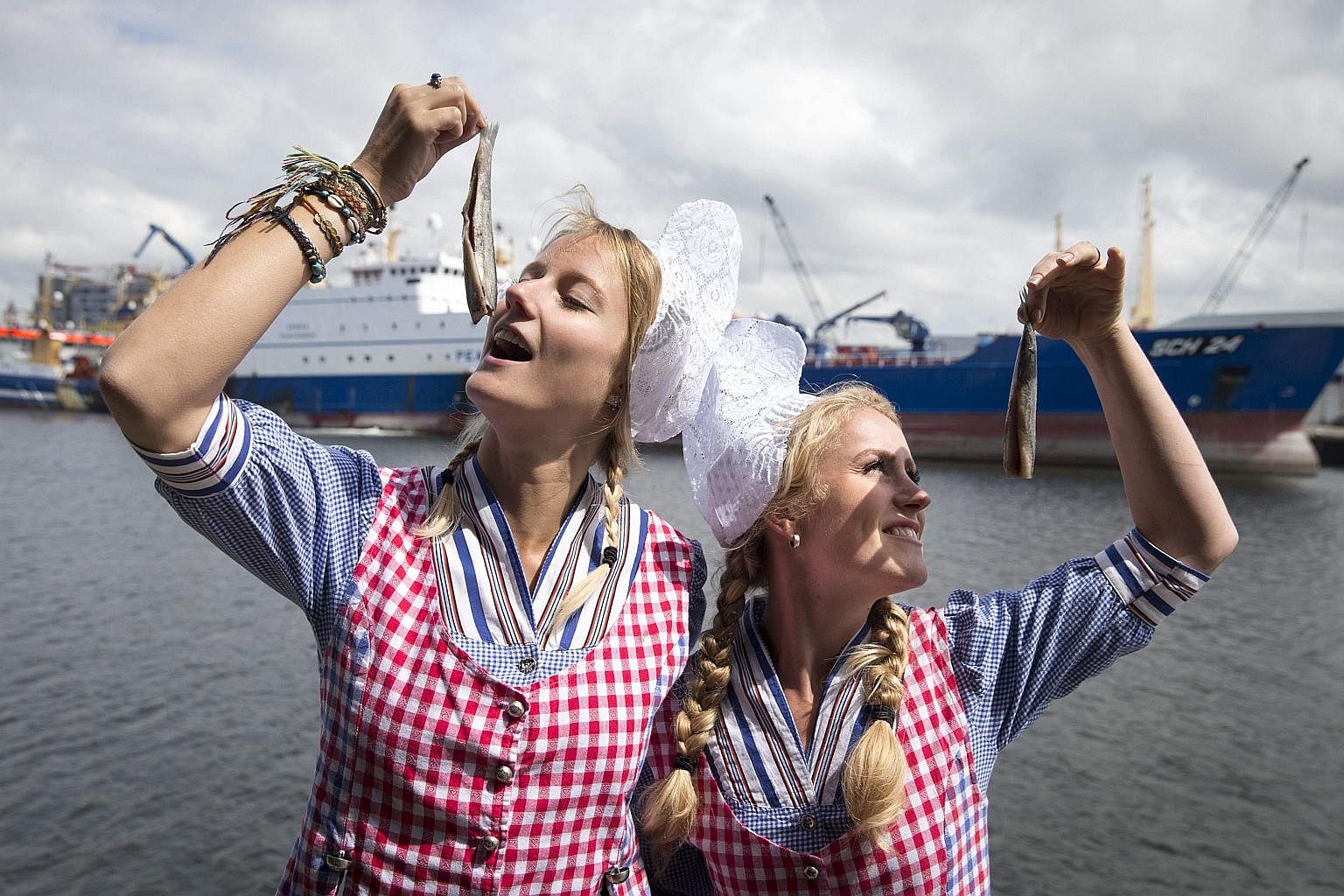
Sources: The Huffington Post, denhaag.nl


